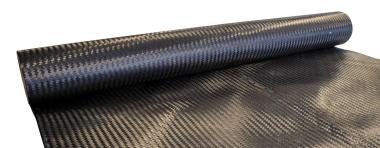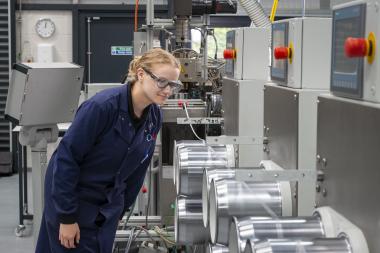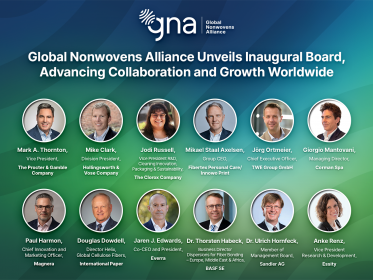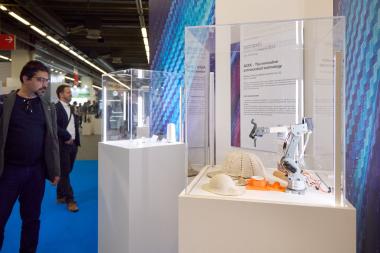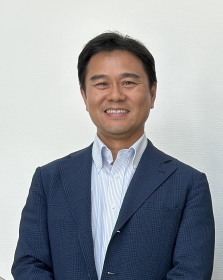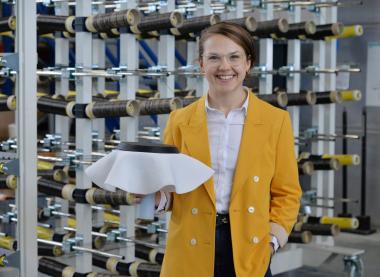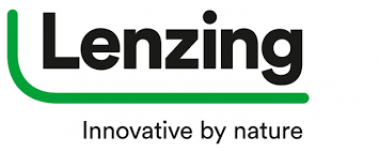Eastman Naia™: Sustainability Progress Report and 2025-2030 Sustainability Goals
At Textile Exchange Conference 2025, Eastman Naia™ released its 2025 Sustainability Progress Report and announced its 2025-2030 Sustainability Goals, presenting a record of genuine progress and outlining a renewed roadmap for the years ahead. Rooted in transparency and measurability, the updated goals set a course through 2030 across three key priorities: mitigating climate change, mainstreaming circularity, and caring for society. These commitments reflect the very principles championed at the Textile Exchange conference.
“We mark five years into our Naia™ sustainability goals journey with pride and humility. This update is a meaningful checkpoint documenting verifiable progress, acknowledging the work still to be done, and presenting a renewed roadmap for the years ahead,” said Ruth Farrell, General Manager of Eastman Textiles. “Most importantly, it reaffirms our unwavering commitment to sustainability, circularity and the health of our industry.”
“We are grateful to our customers, business partners, fellow innovators, and collaborators for their trust, accountability, and continued support. Their engagement has helped drive momentum for Naia™ Renew products and advance regulations and standards for man-made cellulosic fibers (MMCF)” said Claudia de Witte, Marketing and Sustainability Director, Eastman Textiles.
“Achieving circularity at scale remains a major challenge. It requires transforming feedstock infrastructure, advancing regulation, and strengthening industry-wide collaboration. Together, we can help shape the systemic change our industry needs.”
At Textile Exchange, Naia™ is showcasing the versatility of its sustainable fiber platform through three applications that address brand needs across performance, fashion, and circularity. Designed for light sports and urban lifestyle wear, the Naia™ On the Move blending solution builds on the exceptional performance of Naia™ Renew staple fiber. Naia™ Denim offers comfort and circularity for authentic and fashion denim, also using staple fiber formats. Meanwhile, the new Naia™ GlowNow campaign pays tribute to the classic Naia™ filament yarn, known for its exceptional comfort, easy care and style in low-impact women’s fashion.
These applications are made using Naia™ fibers sourced from sustainably managed forests. When produced with Naia™ Renew, they contain 40% GRS-certified recycled content, through Eastman’s molecular recycling technology. As these fibers demonstrate, Naia™’s sustainability strategy is not just a long-term vision, it’s already taking shape in products designed for real life. From fashion to function, from sourcing to scaling, Naia™ is proving that sustainability and style can go hand in hand.
Naia™ Renew Textile Exchange Sustainability Report Sustainable Development Goals Eastman
Eastman



















